Journalists Speak Out
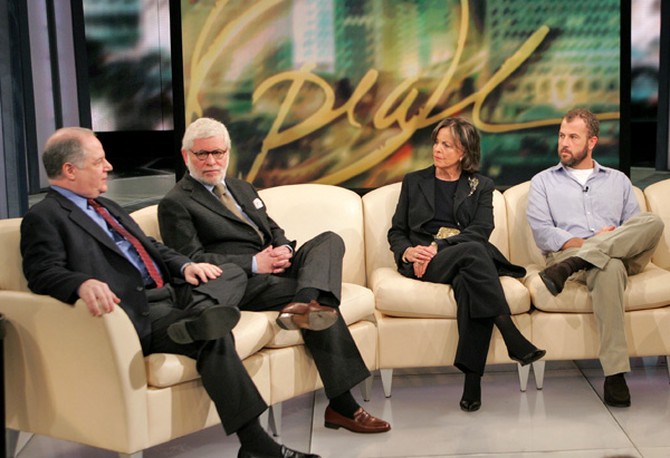
When the investigative website The Smoking Gun raised questions about the validity of James Frey's memoir A Million Little Pieces, many journalists wrote about the controversy. Headlines across the country read: "The Man Who Conned Oprah" and "A Million Little Lies." Oprah invited journalists Frank Rich and Richard Cohen to be on the show along with Poynter Institute fellow Roy Peter Clark. Joel Stein, Stanley Crouch and Maureen Dowd also had comments.
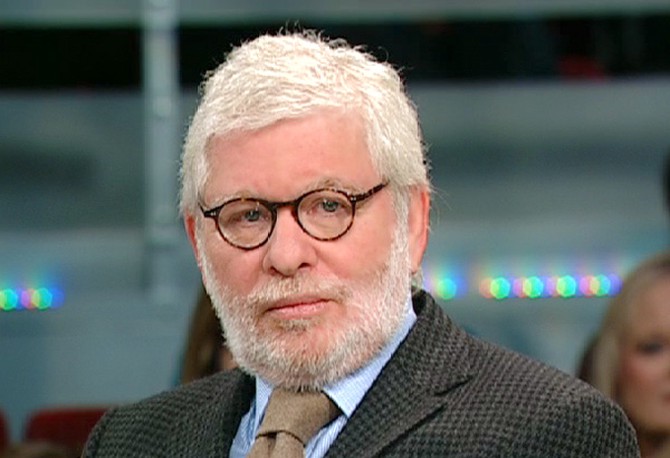
Oprah: Richard Cohen is a Washington Post columnist who wrote in the case of James Frey: "The liar whose memoir turns out to have a good deal of fiction alongside fact." [Richard Cohen also] said, "Oprah is not only wrong but deluded." And I was impressed with that. I was impressed with that because I thought sometimes criticism can be very helpful. So thank you very much. You were right. I was wrong. What do you want to say?
Richard Cohen: I would say to the publishing industry, you guys have got to cut this out. You're not little shops anymore with two or three people working with quills. You're part of large corporations. Hire somebody for $25,000, $30,000 a year as a fact checker. A fact checker would have found out in a half an hour that some of this book didn't work because the book doesn't pass the smell test. ... When it doesn't pass the smell test, you give it to a fact checker. Work it out. Somebody could have done what The Smoking Gun did. They could have done it. Publishers have to do it from here on end. There is a difference between truth and fiction. We find this out all the time. Now we're finding it out again. This was a betrayal of his readers. It was a betrayal of you.
Richard Cohen: I would say to the publishing industry, you guys have got to cut this out. You're not little shops anymore with two or three people working with quills. You're part of large corporations. Hire somebody for $25,000, $30,000 a year as a fact checker. A fact checker would have found out in a half an hour that some of this book didn't work because the book doesn't pass the smell test. ... When it doesn't pass the smell test, you give it to a fact checker. Work it out. Somebody could have done what The Smoking Gun did. They could have done it. Publishers have to do it from here on end. There is a difference between truth and fiction. We find this out all the time. Now we're finding it out again. This was a betrayal of his readers. It was a betrayal of you.
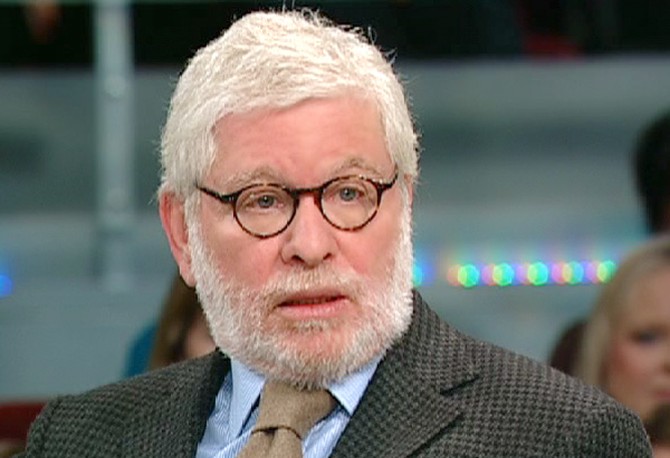
Oprah: Why do you think it was a betrayal of his readers?
Richard Cohen: Because they were told this actually happened. They were told this is true. I know nothing about addiction. Very little about addiction. I'm only addicted to bagels and that's it. But you talked to people about this, people who know about addiction, and they said the first step is truth. The first step is self-accountability. Coming to terms.
Oprah: Yeah.
Richard Cohen: I was sitting in the audience watching what was happening before and I was thinking to myself about James, "Why are you doing this?" Why is he doing this? Because he could have said—and I think a PR guy would have said—"Walk away. Just say you've talked and you said all you have to say and that's it." Why go back and confront and confess? But if this is the first step towards truth, towards actually owning what happened to him and going on, then it's a healthy thing he did.
Oprah: Yeah. Thank you.
Richard Cohen: Because they were told this actually happened. They were told this is true. I know nothing about addiction. Very little about addiction. I'm only addicted to bagels and that's it. But you talked to people about this, people who know about addiction, and they said the first step is truth. The first step is self-accountability. Coming to terms.
Oprah: Yeah.
Richard Cohen: I was sitting in the audience watching what was happening before and I was thinking to myself about James, "Why are you doing this?" Why is he doing this? Because he could have said—and I think a PR guy would have said—"Walk away. Just say you've talked and you said all you have to say and that's it." Why go back and confront and confess? But if this is the first step towards truth, towards actually owning what happened to him and going on, then it's a healthy thing he did.
Oprah: Yeah. Thank you.
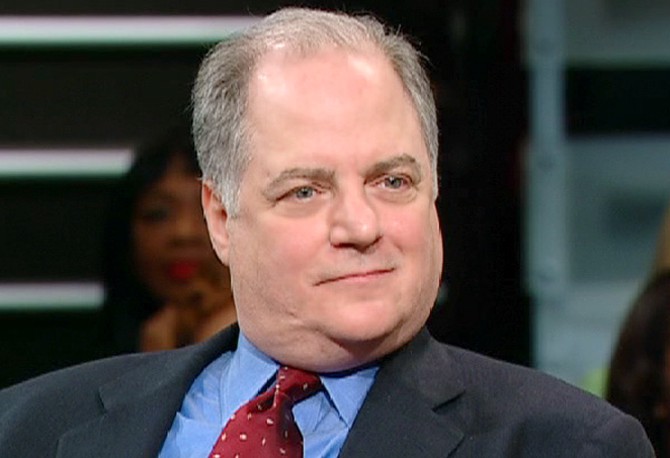
Oprah: Joining us is Frank Rich, a New York Times columnist who recently wrote that James Frey reminds us that we live in an age of "truthiness." What do you mean by...explain that.
Frank Rich: Truthiness is a word, of course, that's been popularized by Stephen Colbert of Comedy Central.
Oprah: Yeah.
Frank Rich: I mean we live in this word now where this is just sort of the tip of the iceberg, this memoir, where anyone can sort of put out something that sort of looks true, smells a little bit like truth but, in fact, is in some way fictionalized. You look at anything from Enron fooling people and creating this aura of a great business making huge profits when it was an empty shell, or people in the government telling us that mushroom clouds are going to come our way if we don't invade Iraq for months when it was on faulty and possibly suspect intelligence. Or even things we label "reality" in entertainment like reality television. It's cast. It's somewhat scripted. You see Jessica Simpson and Nick Lachey as happy newlyweds. The reality show is over, they get divorced and split the profits.
Oprah: Yeah. So what do you want to say about what you've heard today?
Frank Rich: Well, I think it's amazing television. I mean, I think that I share Richard's view. I think it's great that you up and took a stand and the hardest thing to do is admit a mistake...
Oprah: In front of millions of people.
Frank Rich: In front of millions of people.
Frank Rich: Truthiness is a word, of course, that's been popularized by Stephen Colbert of Comedy Central.
Oprah: Yeah.
Frank Rich: I mean we live in this word now where this is just sort of the tip of the iceberg, this memoir, where anyone can sort of put out something that sort of looks true, smells a little bit like truth but, in fact, is in some way fictionalized. You look at anything from Enron fooling people and creating this aura of a great business making huge profits when it was an empty shell, or people in the government telling us that mushroom clouds are going to come our way if we don't invade Iraq for months when it was on faulty and possibly suspect intelligence. Or even things we label "reality" in entertainment like reality television. It's cast. It's somewhat scripted. You see Jessica Simpson and Nick Lachey as happy newlyweds. The reality show is over, they get divorced and split the profits.
Oprah: Yeah. So what do you want to say about what you've heard today?
Frank Rich: Well, I think it's amazing television. I mean, I think that I share Richard's view. I think it's great that you up and took a stand and the hardest thing to do is admit a mistake...
Oprah: In front of millions of people.
Frank Rich: In front of millions of people.
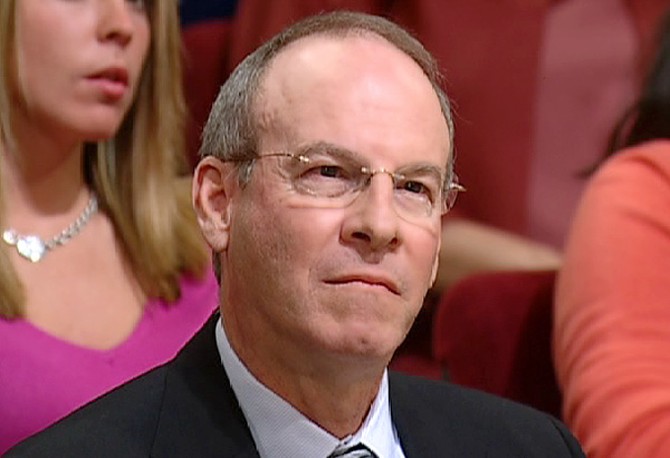
Oprah: Roy Peter Clark is a senior scholar and professor at the Poynter Institute. It's a school for journalists. So whose responsibility is it, do you think, to check the facts in a book?
Dr. Clark: I think there needs to be, most important, truth in advertising. When James writes, "Remember the truth. It's all that matters." That's such a powerful, powerful statement in addiction, in recovery, in journalism, in race relations, and personal relations, that I think the important thing that you're doing today is taking that pendulum which says that "memoir is truthful except for the parts that are lies" and you're reestablishing and you're challenging publishers to label what's going on in the book. And that, I think, is what we should do.
Dr. Clark: I think there needs to be, most important, truth in advertising. When James writes, "Remember the truth. It's all that matters." That's such a powerful, powerful statement in addiction, in recovery, in journalism, in race relations, and personal relations, that I think the important thing that you're doing today is taking that pendulum which says that "memoir is truthful except for the parts that are lies" and you're reestablishing and you're challenging publishers to label what's going on in the book. And that, I think, is what we should do.
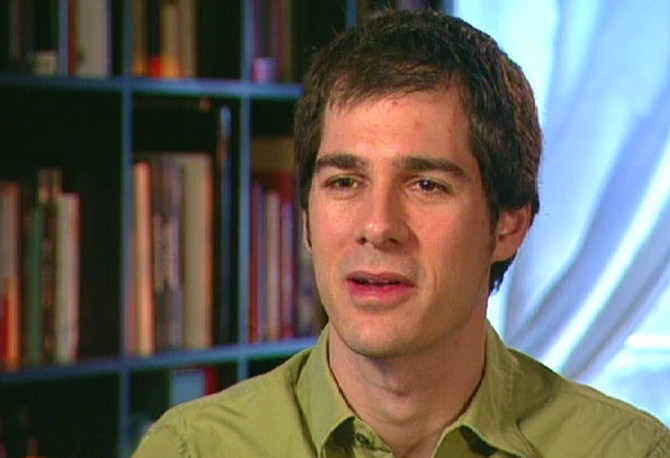
Joel Stein
Time magazine staff writer
"It's wrong and immoral to pass off a piece of fiction as a memoir, and I wouldn't do it.
"You know, I felt like he was a liar and a weasel. But the more I thought about it, I still loved the book. When I found out a lot of it had been made up, it didn't really change how I felt about the text. But it certainly changed how I felt about the author.
"I think people can sense when the detailed truth isn't true and the bigger truth is true. It doesn't excuse what he did. It's still wrong if someone lied to you. You resent them."
Time magazine staff writer
"It's wrong and immoral to pass off a piece of fiction as a memoir, and I wouldn't do it.
"You know, I felt like he was a liar and a weasel. But the more I thought about it, I still loved the book. When I found out a lot of it had been made up, it didn't really change how I felt about the text. But it certainly changed how I felt about the author.
"I think people can sense when the detailed truth isn't true and the bigger truth is true. It doesn't excuse what he did. It's still wrong if someone lied to you. You resent them."
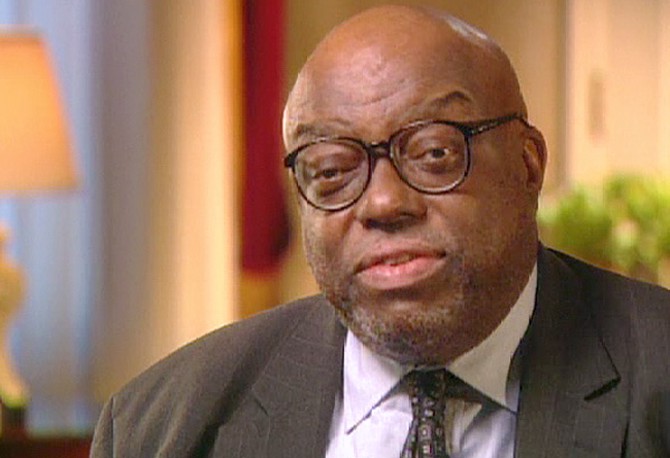
Stanley Crouch
New York Daily News columnist
"Oprah Winfrey is, number one, the queen of goodwill in the United States. And she was had. It's that simple.
"Is he a liar alone? Or was he coerced by Doubleday [publisher of A Million Little Pieces] into becoming a bigger liar? That's the real question."
New York Daily News columnist
"Oprah Winfrey is, number one, the queen of goodwill in the United States. And she was had. It's that simple.
"Is he a liar alone? Or was he coerced by Doubleday [publisher of A Million Little Pieces] into becoming a bigger liar? That's the real question."
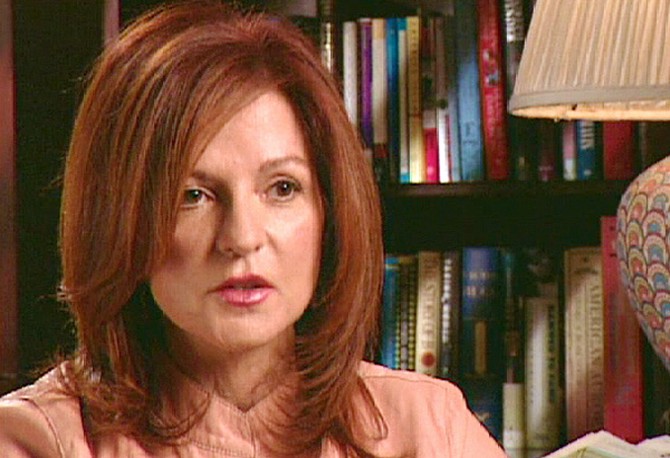
Maureen Dowd
New York Times columnist
"James Frey very clearly lied to promote his book and I don't think that should get the Oprah seal of approval.
"It's just very disappointing that the publishing house doesn't care. They're just counting their money. And readers don't care. It's gone to the top of the bestseller list. But somebody has to stand up for truth. This is not a close call."
New York Times columnist
"James Frey very clearly lied to promote his book and I don't think that should get the Oprah seal of approval.
"It's just very disappointing that the publishing house doesn't care. They're just counting their money. And readers don't care. It's gone to the top of the bestseller list. But somebody has to stand up for truth. This is not a close call."
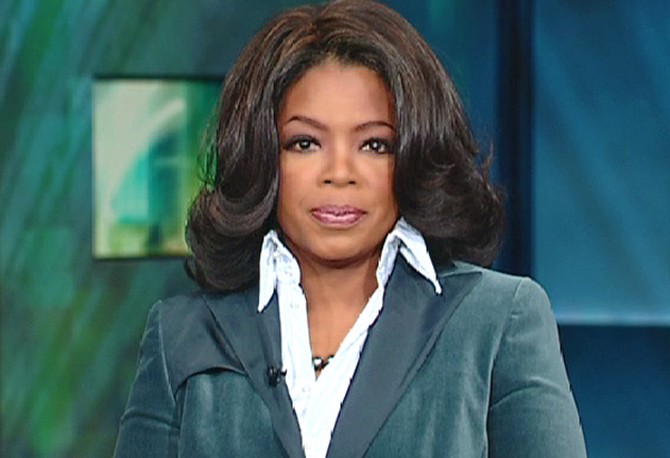
"I read this quote in The New York Times from Michiko Kakutani, who said it best, I think," says Oprah. "She says, 'This is not about truth in labeling or the misrepresentation of one author. ... It is a case about how much value contemporary culture places on the very idea of truth.' And I believe that the truth matters."
Published 01/26/2006

